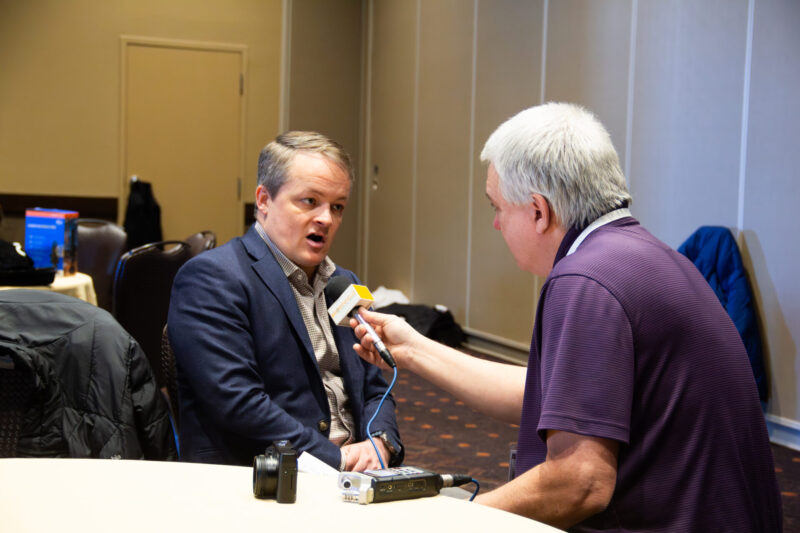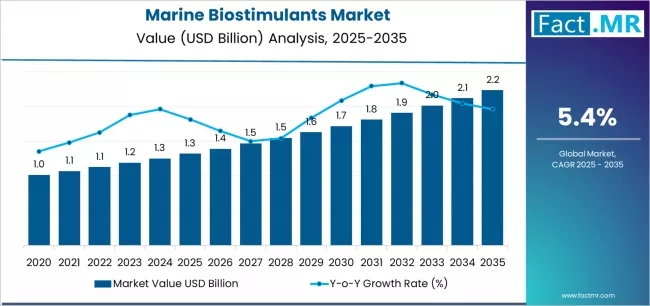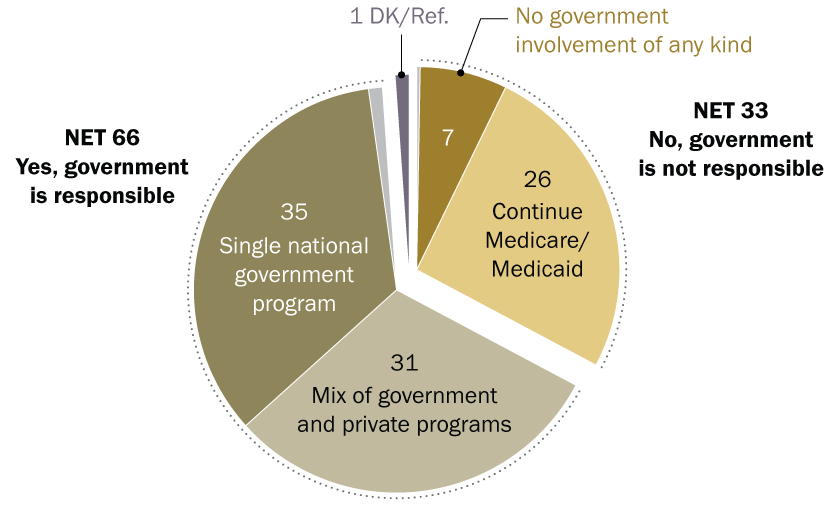Pressure grows on Tanzania to free victim of domestic violence who has been on death row for 13 years – The Guardian

Case Report: The Detention of Lemi Limbu and Implications for Sustainable Development Goals in Tanzania
Executive Summary
This report examines the case of Lemi Limbu, a Tanzanian woman with severe intellectual disabilities who has been incarcerated on death row for 13 years. Her situation highlights significant challenges to Tanzania’s commitment to the Sustainable Development Goals (SDGs), particularly in the areas of justice, gender equality, health, and reducing inequalities. The case underscores the urgent need for judicial and institutional reform to protect the rights of vulnerable populations.
Analysis of Sustainable Development Goal (SDG) Violations
SDG 16: Peace, Justice and Strong Institutions
The handling of Lemi Limbu’s case demonstrates critical weaknesses within the judicial system, undermining the goal of promoting just, peaceful, and inclusive societies.
- Access to Justice: The judicial process has been subject to unreasonable delays. Limbu’s original 2015 conviction was nullified in 2019, yet she remained incarcerated until a 2022 retrial. A subsequent appeal has not been scheduled, contravening the principle of timely justice.
- Rule of Law: The court’s failure to consider Limbu’s severe intellectual disability and history of abuse during her 2022 retrial is inconsistent with international law, which stipulates that individuals with such disabilities should not be held criminally liable to the same extent.
- Institutional Failures: The mandatory death penalty for murder in Tanzania removes judicial discretion to consider mitigating circumstances, leading to unjust outcomes for vulnerable individuals like Limbu.
SDG 5: Gender Equality
Limbu’s life story is a stark illustration of the systemic failures to protect women and girls from violence, a key target of SDG 5.
- Violence Against Women: Limbu is a survivor of lifelong abuse, including repeated sexual violence from a young age and domestic violence from her husband.
- Systemic Vulnerability: The justice system failed to protect her as a victim of abuse and subsequently failed to account for this history as a critical mitigating factor in her trial. Her case exemplifies how women, especially those with disabilities, are uniquely vulnerable to both societal violence and judicial injustice.
SDG 10: Reduced Inequalities
The case exposes profound inequalities in the treatment of persons with disabilities within the legal framework, directly challenging the objectives of SDG 10.
- Discrimination based on Disability: Despite a clinical psychologist’s assessment that Limbu has the developmental age of a child (10 years or younger), this crucial evidence was not permitted in her retrial.
- Lack of Protection for Vulnerable Groups: The legal system did not provide the necessary accommodations or protections for a defendant with a severe intellectual disability, resulting in a sentence that international human rights groups and legal experts condemn as profoundly unjust.
SDG 3: Good Health and Well-being
The conditions of Limbu’s detention and her deteriorating health are in direct conflict with the aim of ensuring healthy lives and promoting well-being for all.
- Deteriorating Health: Reports from June indicate a significant decline in Limbu’s physical and mental health. She required assistance to walk and appeared weak, with a swollen stomach.
- Inadequate Prison Conditions: Tanzanian prison conditions are described as “dire,” with poor sanitation and supplies. The lack of adequate care poses an unacceptable risk to Limbu’s health, particularly given her pre-existing vulnerabilities.
International Response and Recommendations
Calls for Intervention
A coalition of 24 African and international human rights organizations, along with legal experts from the Cornell Center on the Death Penalty Worldwide, have raised significant concerns. Key points from their advocacy include:
- The assertion that Lemi Limbu should not be in prison, as she represents no threat to society and requires protection and support for her disability.
- A formal request has been made to UN special rapporteurs to appeal to the Tanzanian government, citing the unacceptable risk to Limbu’s health due to the poor standard of care.
- The case is presented as a clear example of the unjust consequences of Tanzania’s mandatory death penalty, which disproportionately affects the most vulnerable.
Analysis of Sustainable Development Goals (SDGs) in the Article
1. Which SDGs are addressed or connected to the issues highlighted in the article?
-
SDG 3: Good Health and Well-being
The article highlights concerns about Lemi Limbu’s deteriorating physical and mental health in prison. It mentions her swollen stomach, need for assistance to walk, and worsening mental state, directly connecting to the goal of ensuring healthy lives and promoting well-being.
-
SDG 5: Gender Equality
This goal is central to the article. Lemi Limbu is a woman who has been a victim of gender-based violence, including “brutal and repeated sexual and domestic violence.” Her case exemplifies the vulnerability of women within the justice system, especially those with disabilities, addressing the need to end all forms of discrimination and violence against women.
-
SDG 10: Reduced Inequalities
The article emphasizes Limbu’s “severe intellectual disabilities” and how the justice system failed to consider her vulnerability. Her case is a clear example of inequality, where a person with disabilities is not afforded the necessary protections or considerations under the law, directly relating to the goal of reducing inequalities and promoting the inclusion of persons with disabilities.
-
SDG 16: Peace, Justice and Strong Institutions
This is the most prominent SDG in the article. It covers the entire spectrum of Limbu’s ordeal, from the violence she suffered to the failures of the justice system. Issues discussed include the mandatory death penalty, procedural errors in her trial, unreasonable delays in the appeal process, a potential coerced confession, and the lack of equal access to justice for a vulnerable individual. The article questions the effectiveness and fairness of the judicial institutions in Tanzania.
2. What specific targets under those SDGs can be identified based on the article’s content?
-
Under SDG 3: Good Health and Well-being
- Target 3.4: By 2030, reduce by one-third premature mortality from non-communicable diseases through prevention and treatment and promote mental health and well-being. The article’s concern for Limbu’s “worsened” mental health and deteriorating physical condition in prison directly relates to the need to promote mental health and provide adequate care.
-
Under SDG 5: Gender Equality
- Target 5.1: End all forms of discrimination against all women and girls everywhere. Limbu’s case, where her gender intersects with her disability, leading to a death sentence without consideration of her circumstances, is an example of the discrimination this target aims to eliminate.
- Target 5.2: Eliminate all forms of violence against all women and girls in the public and private spheres. The article explicitly states Limbu is a “survivor of brutal and repeated sexual and domestic violence” and was “repeatedly raped by men in her village,” which directly aligns with this target.
-
Under SDG 10: Reduced Inequalities
- Target 10.2: By 2030, empower and promote the social, economic and political inclusion of all, irrespective of age, sex, disability, race, ethnicity, origin, religion or economic or other status. The failure of the court to consider Limbu’s “severe intellectual disability” demonstrates a lack of inclusion and protection for persons with disabilities within the justice system.
- Target 10.3: Ensure equal opportunity and reduce inequalities of outcome, including by eliminating discriminatory laws, policies and practices. Tanzania’s mandatory death penalty, which does not allow for mitigating factors like intellectual disability, is a policy that leads to unequal outcomes for vulnerable individuals like Limbu.
-
Under SDG 16: Peace, Justice and Strong Institutions
- Target 16.1: Significantly reduce all forms of violence and related death rates everywhere. The article discusses murder and the state-sanctioned death penalty, both of which are relevant to this target.
- Target 16.2: End abuse, exploitation, trafficking and all forms of violence against and torture of children. The article notes Limbu’s history of abuse, stating she “gave birth at 15 after becoming pregnant by rape,” highlighting violence against children.
- Target 16.3: Promote the rule of law at the national and international levels and ensure equal access to justice for all. This is directly addressed through the multiple failures in Limbu’s case: the nullification of her first conviction due to “procedural errors,” the court’s refusal to hear evidence from medical professionals about her disability, the unreasonable delay in her appeal (“no date for a hearing has been set”), and her claim of being “beaten, threatened at gunpoint” to secure a confession.
3. Are there any indicators mentioned or implied in the article that can be used to measure progress towards the identified targets?
-
Implied Indicator for Target 5.2
The article describes Limbu as a survivor of “repeated sexual and domestic violence.” This implies the use of an indicator such as the prevalence of physical, sexual, or psychological violence against women by intimate and non-intimate partners. The narrative provides a qualitative example of this phenomenon.
-
Implied Indicator for Target 10.3
The article critiques Tanzania’s “mandatory death penalty” for not considering mitigating circumstances like intellectual disability. This points to an indicator related to the existence of discriminatory laws or policies. Progress could be measured by the number of countries that reform or abolish laws that disproportionately affect vulnerable populations, such as persons with disabilities.
-
Implied Indicator for Target 16.3
The article states, “The constitution of the United Republic of Tanzania requires courts to not delay dispensation of justice unreasonably,” and notes that “no date for a hearing has been set” for Limbu’s appeal filed in 2022. This implies an indicator measuring the efficiency and timeliness of the justice system, such as the average time for case disposition or the proportion of cases experiencing significant delays.
-
Implied Indicator for Target 16.3
The fact that Limbu’s original conviction was “nullified in 2019 due to procedural errors” suggests an indicator related to the fairness and reliability of judicial proceedings. Progress could be measured by tracking the rate of convictions overturned on appeal due to procedural or rights violations.
4. Table of SDGs, Targets, and Indicators
| SDGs | Targets | Indicators (as identified in the article) |
|---|---|---|
| SDG 3: Good Health and Well-being | 3.4: Promote mental health and well-being. | The reported deterioration of a prisoner’s mental and physical health (“worsened” mental health, “sick, weak and sad”). |
| SDG 5: Gender Equality | 5.2: Eliminate all forms of violence against all women and girls. | Incidence of sexual and domestic violence against women (The article describes Limbu as a survivor of “brutal and repeated sexual and domestic violence”). |
| SDG 10: Reduced Inequalities | 10.3: Ensure equal opportunity and reduce inequalities of outcome, including by eliminating discriminatory laws. | Existence of laws that lead to unequal outcomes, such as a mandatory death penalty that does not account for intellectual disability. |
| SDG 16: Peace, Justice and Strong Institutions | 16.3: Promote the rule of law and ensure equal access to justice for all. | Unreasonable delays in the justice system (An appeal filed in 2022 has no hearing date set). |
| SDG 16: Peace, Justice and Strong Institutions | 16.3: Promote the rule of law and ensure equal access to justice for all. | Rate of convictions overturned due to procedural errors (Limbu’s 2015 conviction was nullified for this reason). |
Source: theguardian.com

What is Your Reaction?
 Like
0
Like
0
 Dislike
0
Dislike
0
 Love
0
Love
0
 Funny
0
Funny
0
 Angry
0
Angry
0
 Sad
0
Sad
0
 Wow
0
Wow
0

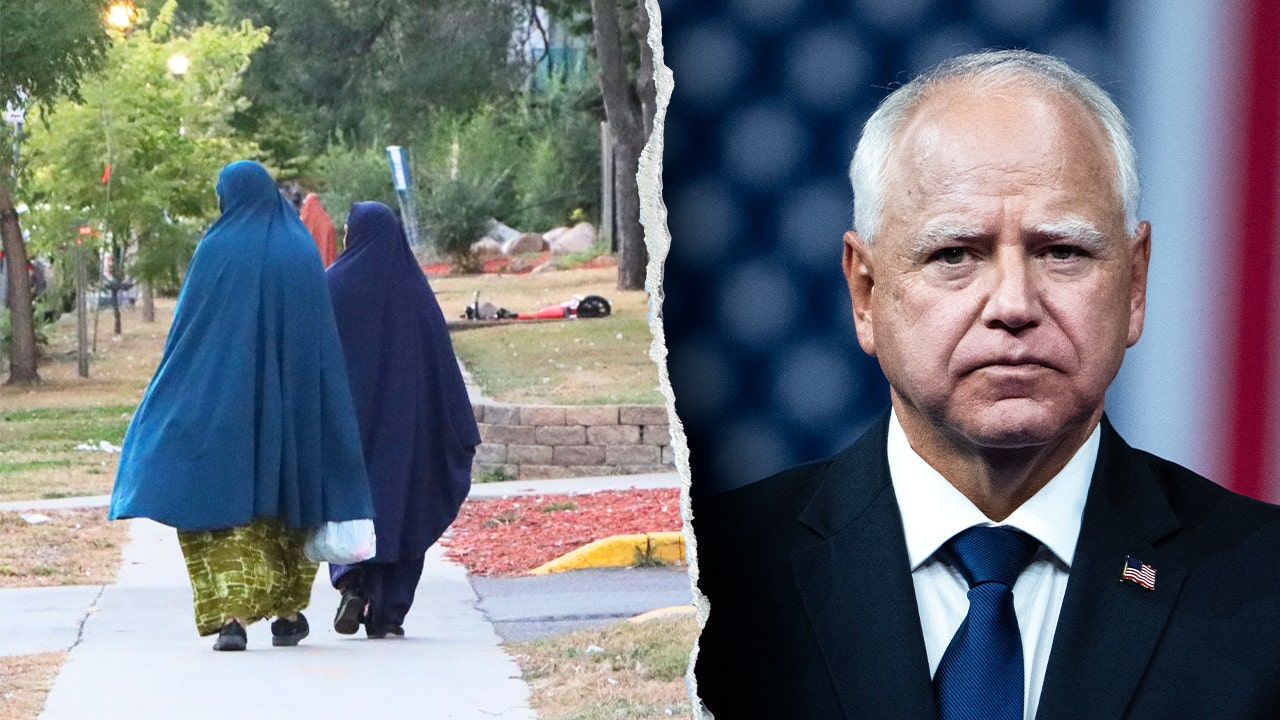
















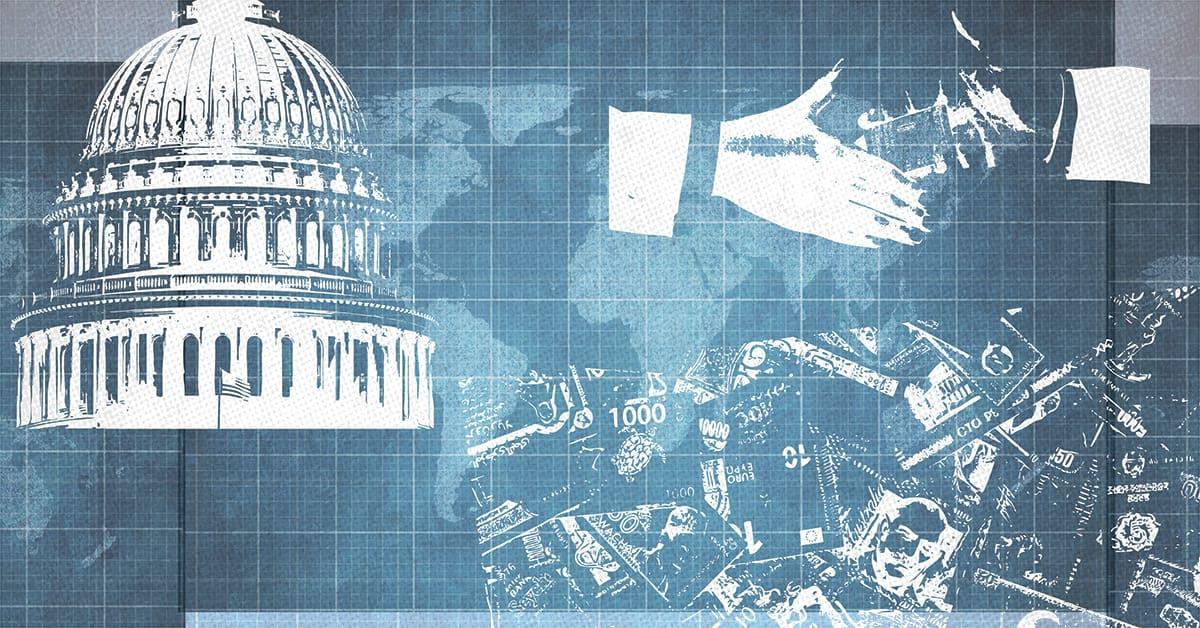










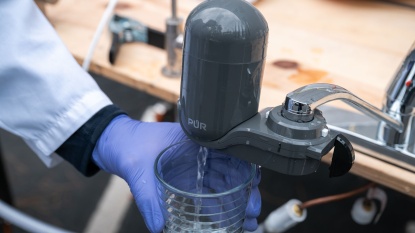




















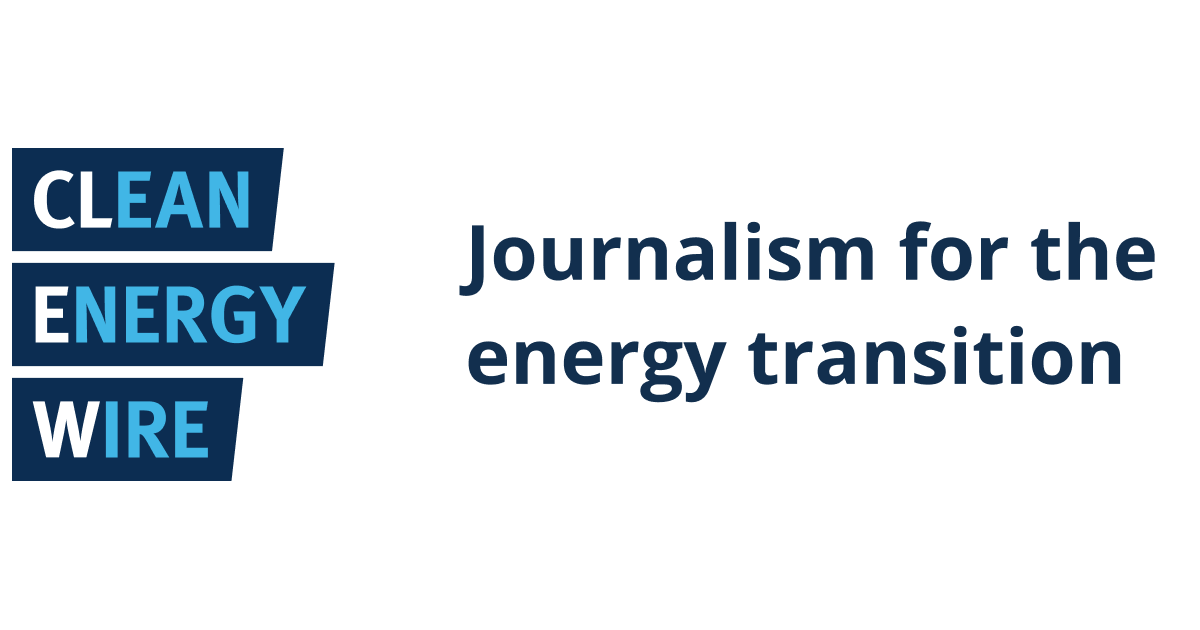
.jpg.webp?itok=0ZsAnae9#)


